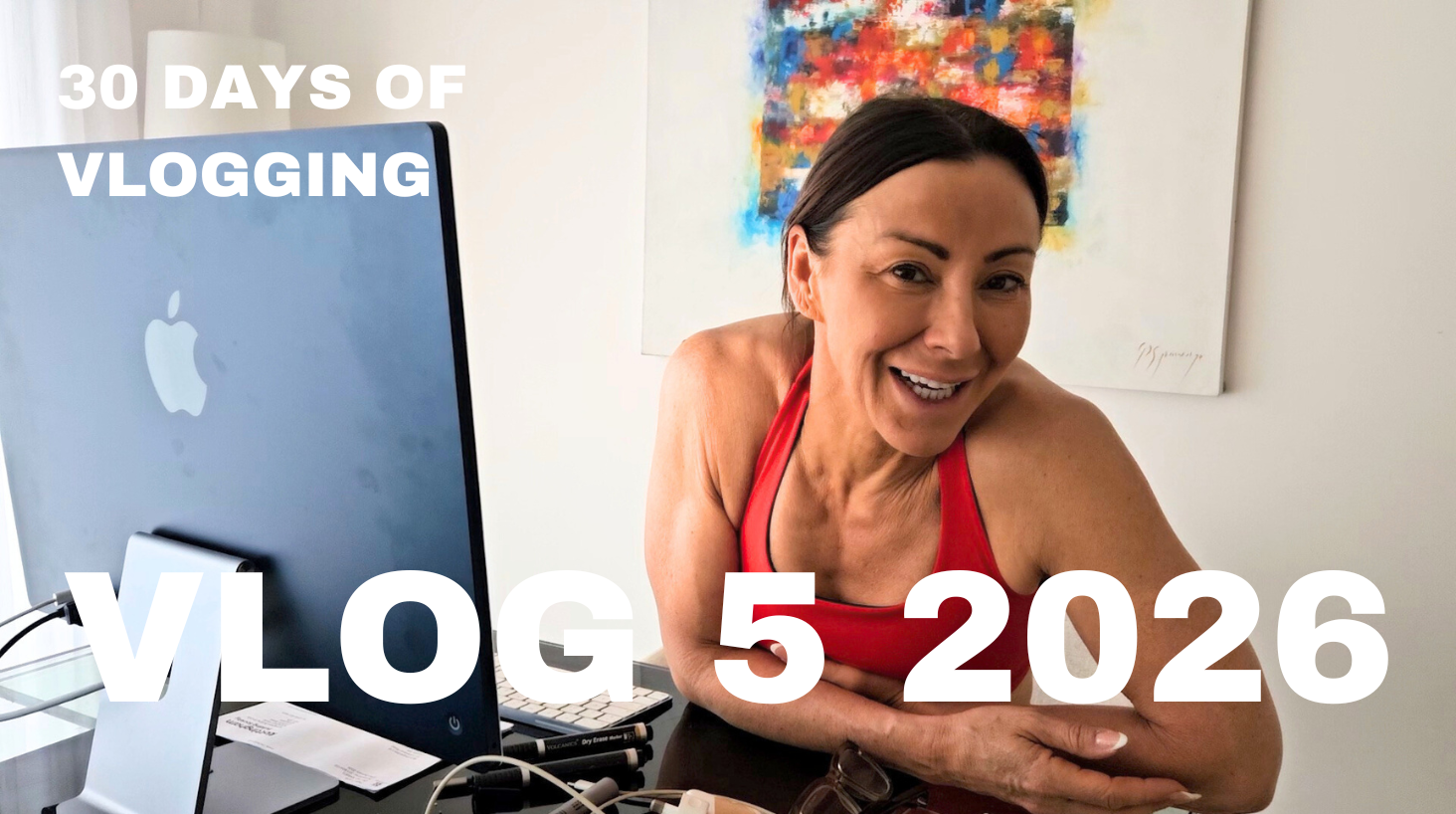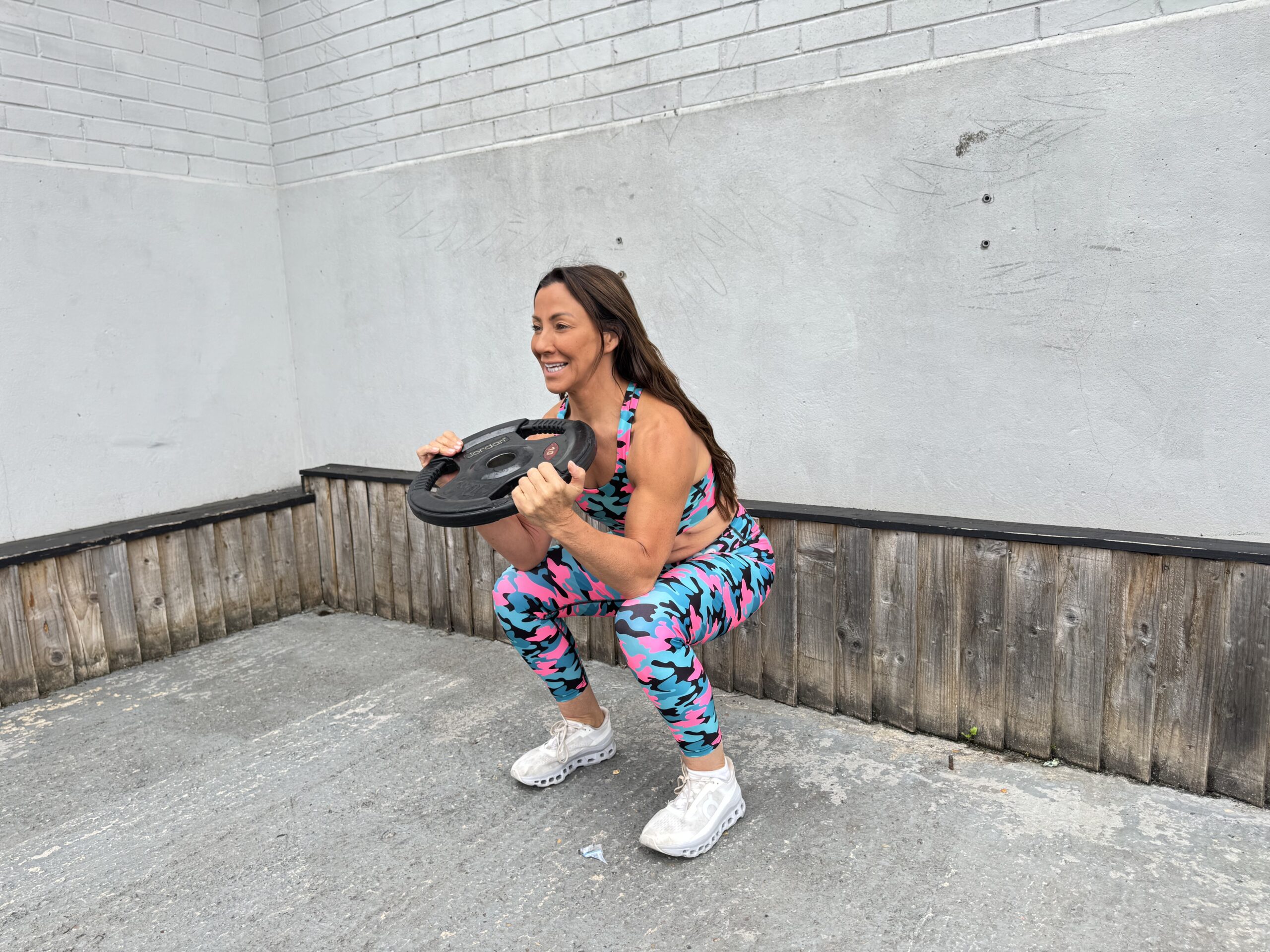How Does Your Skin Changes During The Menopause?
During menopause, the body undergoes significant changes, including changes in the skin. Here are some common changes that can occur:
- Dryness: As eostrogen levels decline during menopause, the skin can become thinner and drier, which can lead to itching, flaking, and irritation.
- Wrinkles and fine lines: Decreased collagen production and loss of elasticity can contribute to the development of wrinkles and fine lines, particularly around the eyes and mouth.
- Age spots: Hormonal changes can cause an increase in pigmentation, leading to the development of age spots and dark patches on the skin.
- Acne: Hormonal changes during menopause can also lead to an increase in acne, particularly on the chin and jawline.
- Thinning and sagging: The skin can become thinner and more fragile during menopause, which can contribute to sagging and loss of volume in the face.
- Sensitivity: Changes in the skin’s pH balance and lipid levels can lead to increased sensitivity and irritation.
It is important to take care of your skin during menopause by protecting it from the sun, moisturising regularly, and using products specifically formulated for ageing skin. Eating a healthy diet, staying hydrated, and avoiding smoking and excessive alcohol consumption can also help support skin health during menopause. Consulting with a dermatologist or skincare professional can also provide guidance on managing skin changes during menopause.
What can you do to help menopausal skin?
Menopausal skin can benefit from a variety of skincare practices and lifestyle changes. Here are some tips to help improve menopausal skin:
- Use a gentle cleanser: Menopausal skin can be sensitive and dry, so it is important to use a gentle, hydrating cleanser that won’t strip the skin of natural oils.
- Moisturize regularly: Moisturizing regularly can help keep the skin hydrated and reduce the appearance of fine lines and wrinkles. Look for moisturizers that contain ingredients such as hyaluronic acid, ceramides, and antioxidants.
- Use sun protection: Protecting the skin from the sun can help prevent age spots, wrinkles, and other signs of aging. Use a broad-spectrum sunscreen with an SPF of at least 30, and wear protective clothing and hats when spending time in the sun.Incorporate retinoids: Retinoids are a type of vitamin A derivative that can help improve skin texture, reduce the appearance of fine lines and wrinkles, and increase collagen production. Talk to your dermatologist about incorporating a retinoid product into your skincare routine.
- Stay hydrated: Drinking plenty of water can help keep the skin hydrated and promote overall skin health.
- Eat a healthy diet: Eating a balanced diet that is rich in fruits, vegetables, whole grains, and lean protein can help provide the skin with the nutrients it needs to maintain a healthy glow.
- Manage stress: Chronic stress can contribute to skin problems, so it is important to find ways to manage stress, such as practicing relaxation techniques or engaging in activities you enjoy.
It is important to note that individual skin types and concerns may vary, so it may be helpful to consult with a skincare professional or dermatologist for personalised advice on managing menopausal skin.



